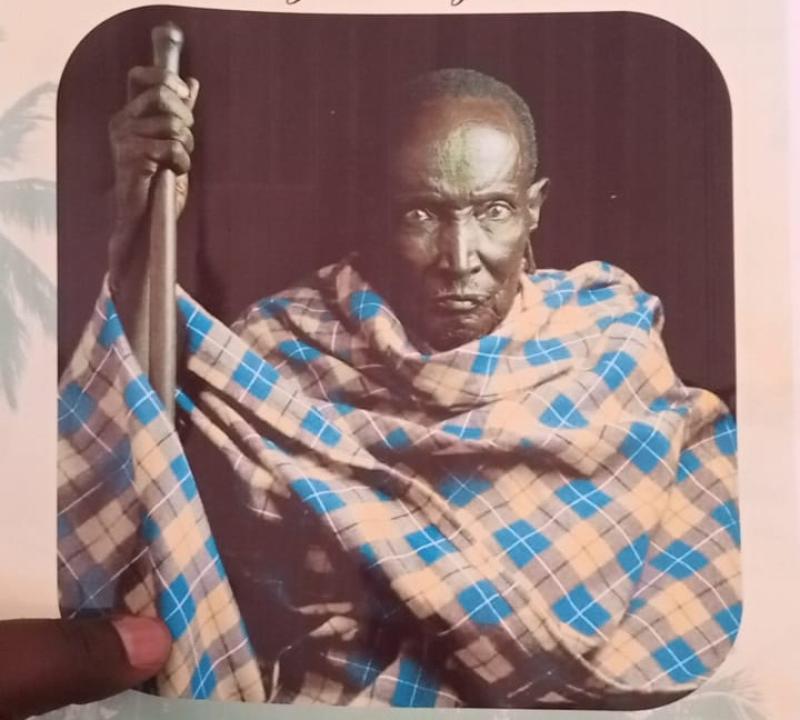×
The Standard e-Paper
Stay Informed, Even Offline

He was famed for raising 61 children and even educated Kajiado Governor Joseph ole Lenku.
Lekanaiya ole Parselu, who died last week aged 99, had eight wives, 150 grandchildren and 62 great-grandchildren. He also had four great-great grandchildren. His firstborn is 70 years.